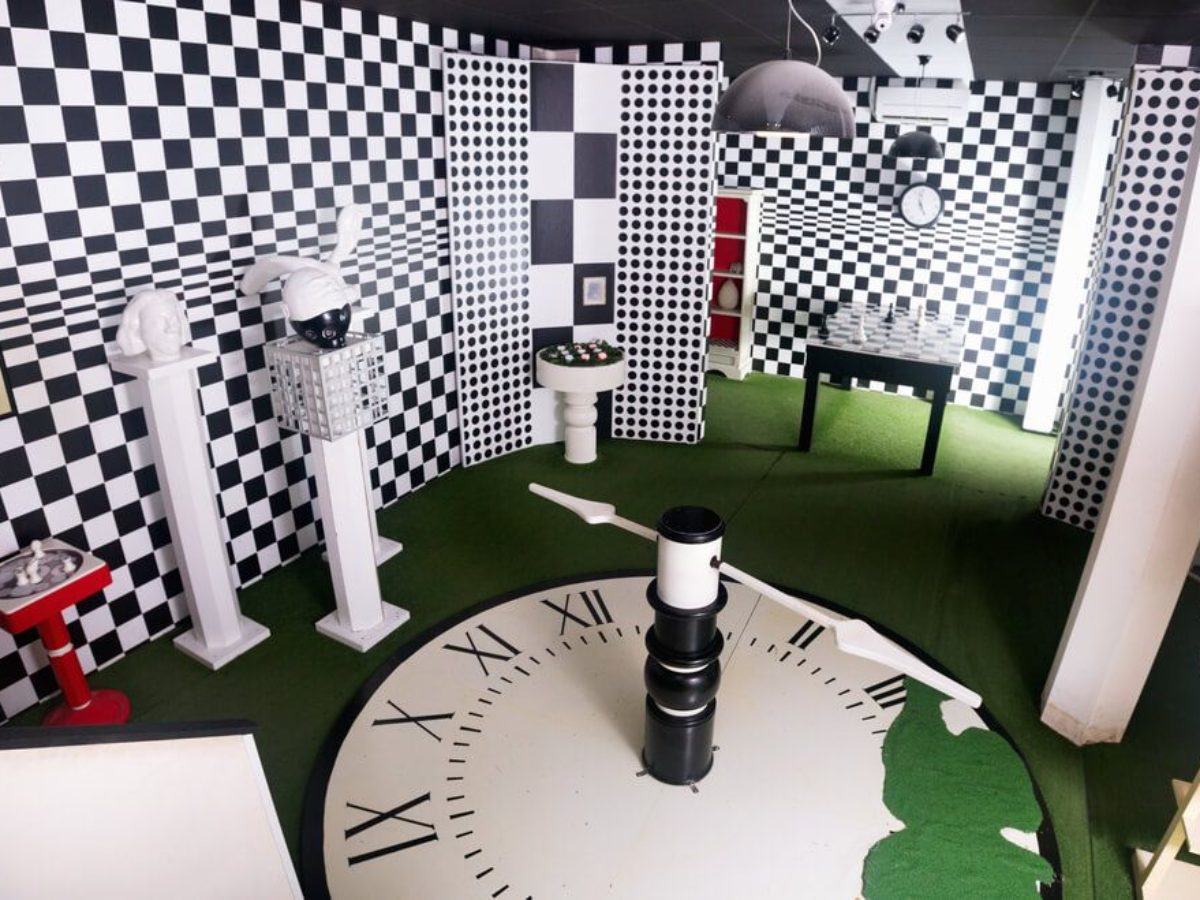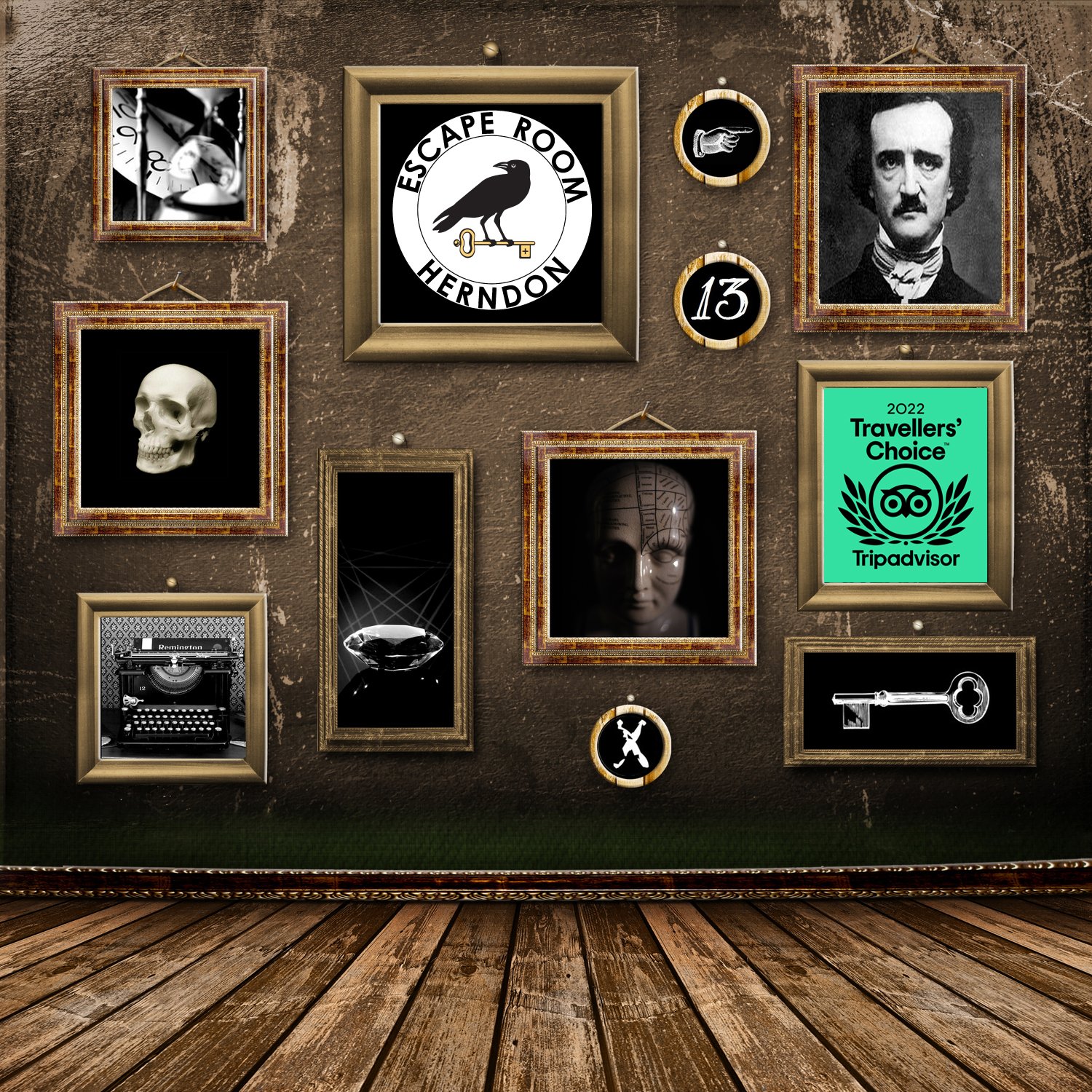Team Tasks at Minneapolis Escape Room-- Perfect for Pals and Family members
Team Tasks at Minneapolis Escape Room-- Perfect for Pals and Family members
Blog Article
Team Techniques: Exactly How to Collaborate Effectively in a Getaway Room
Navigating the complexities of an escape area demands greater than plain enthusiasm; it requires a well-coordinated method grounded in clear interaction, critical duty tasks, and experienced time monitoring. Groups have to proactively pay attention to every member's insights, appoint functions that line up with individual toughness, and preserve routine check-ins to ensure emphasis and stop redundancy. By promoting an environment that values communication and versatility, teams can dramatically enhance their effectiveness and success prices. The subtleties of these techniques can change the experience, however how precisely can they be executed to maximize the capacity for success?
Establish Clear Interaction

To help with clear interaction, it is necessary to assign a main factor of contact for details dissemination. This duty includes summing up findings and recommended methods to ensure every person remains on the very same page. In addition, embracing a systematic strategy to discussions can avoid disorderly exchanges. For example, brief, concentrated updates from each staff member can maintain the group educated without frustrating them with info.

Appoint Functions Strategically
While clear interaction sets the foundation for reliable team effort, designating roles purposefully makes sure that each employee's staminas are made use of successfully. In an escape area scenario, the time-sensitive and intricate nature of challenges demands a well-organized approach to task delegation. By identifying and leveraging private expertises, teams can maximize their problem-solving capacities and improve total performance.
First, assess the special abilities and qualities of each participant. Somebody with an eager eye for information might stand out in locating hidden items, while a sensible thinker could be much better matched to resolving challenges. It's just as important to have a leader who can look after progress, handle the timeline, and make crucial calls when required. This function often needs strong organizational and social abilities.
Second, make certain that roles are versatile and adaptable. As brand-new difficulties arise, the team needs to have the ability to pivot, reallocating tasks as needed. This adaptability helps maintain momentum and protects against traffic jams that can take place because of stiff function projects.
Ultimately, a tactical method to role assignment not just makes the most of the strengths of each employee yet additionally promotes a cohesive environment, driving the group in the direction of an effective getaway.
Use Diverse Skills
Identifying and taking advantage of the diverse abilities within your team can significantly boost your performance in a retreat space. Each group participant brings unique toughness to the table, and successfully leveraging these capabilities can quicken analytical and enhance overall performance. A team participant with strong logical skills could succeed at figuring out complicated codes or patterns, while an additional with keen observational capacities may rapidly identify hidden clues that others may forget.
Effective communication is essential to making use of these varied skills. Encourage team participants to articulate their understandings and ideas quickly, making sure that all possible services are thought about. This comprehensive strategy cultivates a dynamic environment where imagination and important reasoning can prosper. Additionally, assigning tasks that line up with each participant's toughness can protect against bottlenecks and guarantee that development is constant.
In addition, diversity in abilities frequently equates to diversity in thinking designs, which is invaluable in an escape area setting. While some obstacles might require sensible thinking and accuracy, others might benefit from creative and side thinking. By recognizing and leveraging this variety, teams can address a broader series of difficulties better, therefore boosting their possibilities of a successful retreat.
Manage Time Successfully

Determine visible puzzles and divide jobs based on group participants' toughness, making certain that no one is still. This method can help maintain the team focused and prevent time from slipping away undetected.
Additionally, stay clear of tunnel vision. If a puzzle is taking too long, rotate group members or move on to one more challenge, returning later with fresh perspectives. Interaction is extremely important-- maintain everybody updated their website on addressed challenges and remaining jobs to stay clear of redundant initiatives.
Finally, utilize any kind of hints or clues sparingly yet tactically - best escape room. Knowing when to request help can save beneficial time. By sticking to these time management concepts, teams can significantly enhance their chances of a successful and enjoyable getaway area experience
Debrief and Show
Representation is a vital facet of team advancement and renovation in the context of escape areas. Once the difficulty is finished, whether successfully or not, it is critical for the team to take part in a structured debriefing session. This process permits employee to evaluate their efficiency, identify toughness, and pinpoint locations for renovation.
Start the debrief by reviewing what went well. Highlight details instances of reliable communication, analytic, and collaboration. Acknowledging these favorable behaviors strengthens them and encourages their repetition in future difficulties.
Next, deal with the challenges experienced. Review moments of confusion, miscommunication, or inadequate strategies. Motivate an open and positive dialogue where group members can share their point of views without fear of Check This Out criticism. This promotes a culture of constant renovation and knowing.
Verdict
In conclusion, effective cooperation in an escape room is predicated upon clear communication, calculated role projects, the reliable usage of varied skills, and efficient time management. Regular check-ins and organized debriefings are essential for maintaining focus and fostering continual improvement. By producing a cohesive and adaptive group atmosphere, the probability of effectively solving problems and accomplishing the objective of running away try this site the area is substantially enhanced. This strategy not just guarantees success but likewise promotes cumulative growth and learning.
Report this page